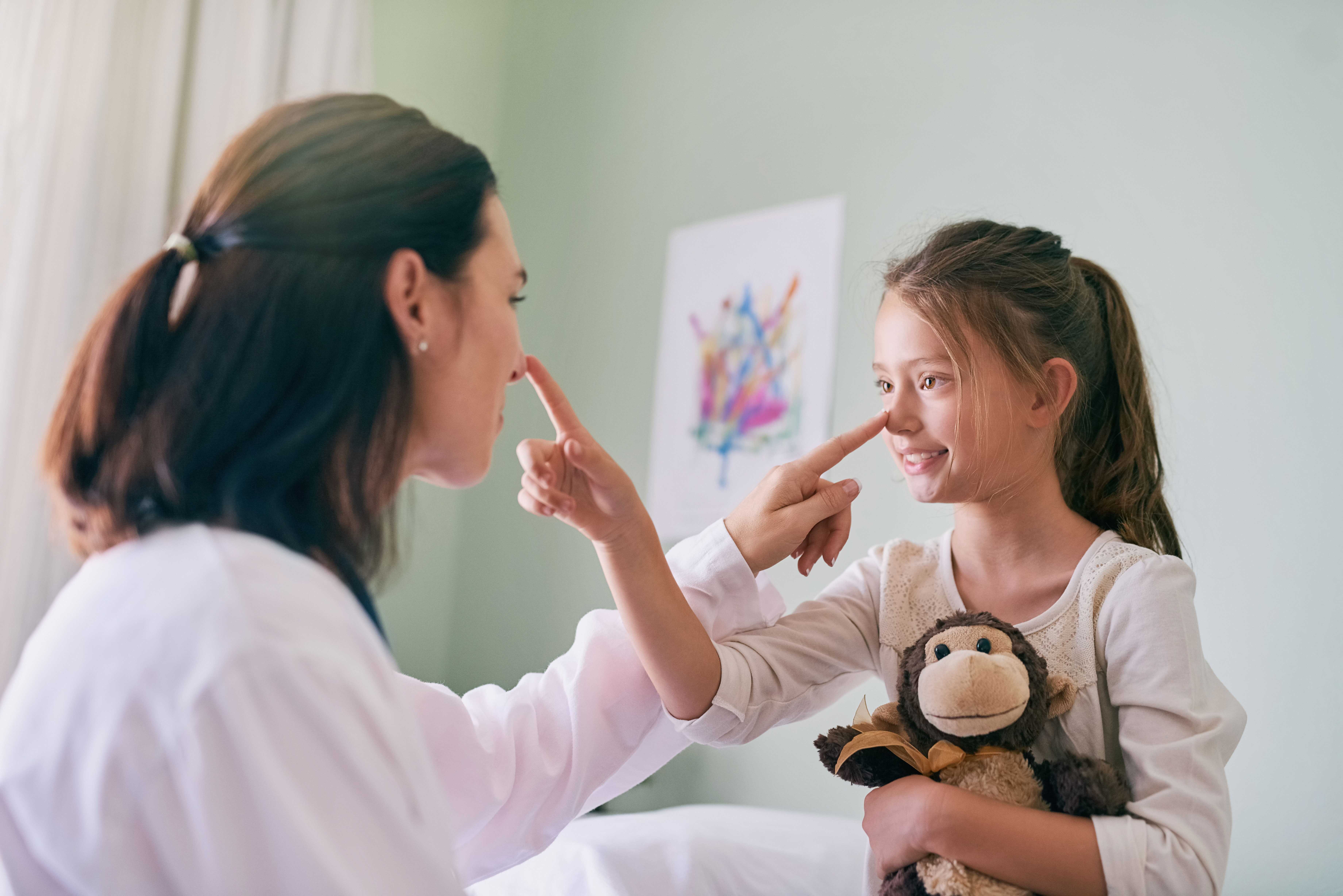
Supporting Children Through Life’s Tough Moments
Child life specialists support children through medical procedures, hospital stays, and health-related trauma. They act as advocates, educators, and emotional support systems for young patients.
"As a child life specialist, we prepare and support children for procedural events in the hospital, new diagnoses, challenging circumstances, and that could be a short-term stay or a long-term stay," said Amy Reynolds, a certified child life specialist.
Specialists also apply their skills outside hospitals, in schools, community centers, and other settings where children face developmental challenges.
Core Responsibilities
Child life specialists build trust and emotional safety, using developmental methods to help children cope with medical experiences. Their work involves:
Establishing supportive relationships with children and families
Utilizing therapeutic play to explain procedures and express emotions
Employing distraction techniques and relaxation exercises during treatments
Developing coping strategies based on child development theories
Where They Work
In healthcare settings such as children’s hospitals, pediatric units, emergency departments, and outpatient clinics, child life specialists:
- Prepare patients and families for hospital experiences
- Provide emotional support throughout procedures
They also serve in educational institutions, rehabilitation facilities, and community health centers to support children’s overall development.
Key Services
- Medical preparation & education: Age-appropriate explanations of diagnoses and procedures
- Therapeutic play: Normalizing the medical environment through structured activities
- Procedural support: Distraction and guided imagery during treatments
- Family guidance: Coaching parents and siblings on how to support the child
- Behavior plans: Helping families adjust to new medical routines
- Family-member support: Assisting children coping with an adult relative’s hospitalization
Educational Pathway
Becoming a certified child life specialist typically requires:
- A bachelor’s degree in human development, psychology, or Childhood Education
- Completion of specialized coursework and a 600-hour supervised internship or fellowship
- Passing the Association of Child Life Professionals certification exam
Impact on Future Professionals
Child life specialists train students in nursing, occupational therapy, physical therapy, and related fields. Through hands-on mentorship, they demonstrate practical applications of child development theories.
"Seeing theory in action, like Erikson’s model, helps students connect concepts to real-world problem solving," Reynolds said.
Philosophy of Care
At the heart of the profession is the belief that every child deserves individualized care. Specialists adapt interventions to each child’s age, personality, and unique circumstances.
"Every child’s experience matters, whether they’re two or twenty-two," Reynolds noted.
A Growing Profession
As healthcare evolves to address emotional and developmental needs, demand for child life specialists is rising. The field attracts those passionate about combining healthcare knowledge with child development expertise.
LEARN ABOUT RELATED PROGRAMS AT TTU
https://www.depts.ttu.edu/hs/hdfs/index.php
